Discover insider secrets for maximizing your property management efficiency and success with these 10 game-changing tips and strategies!
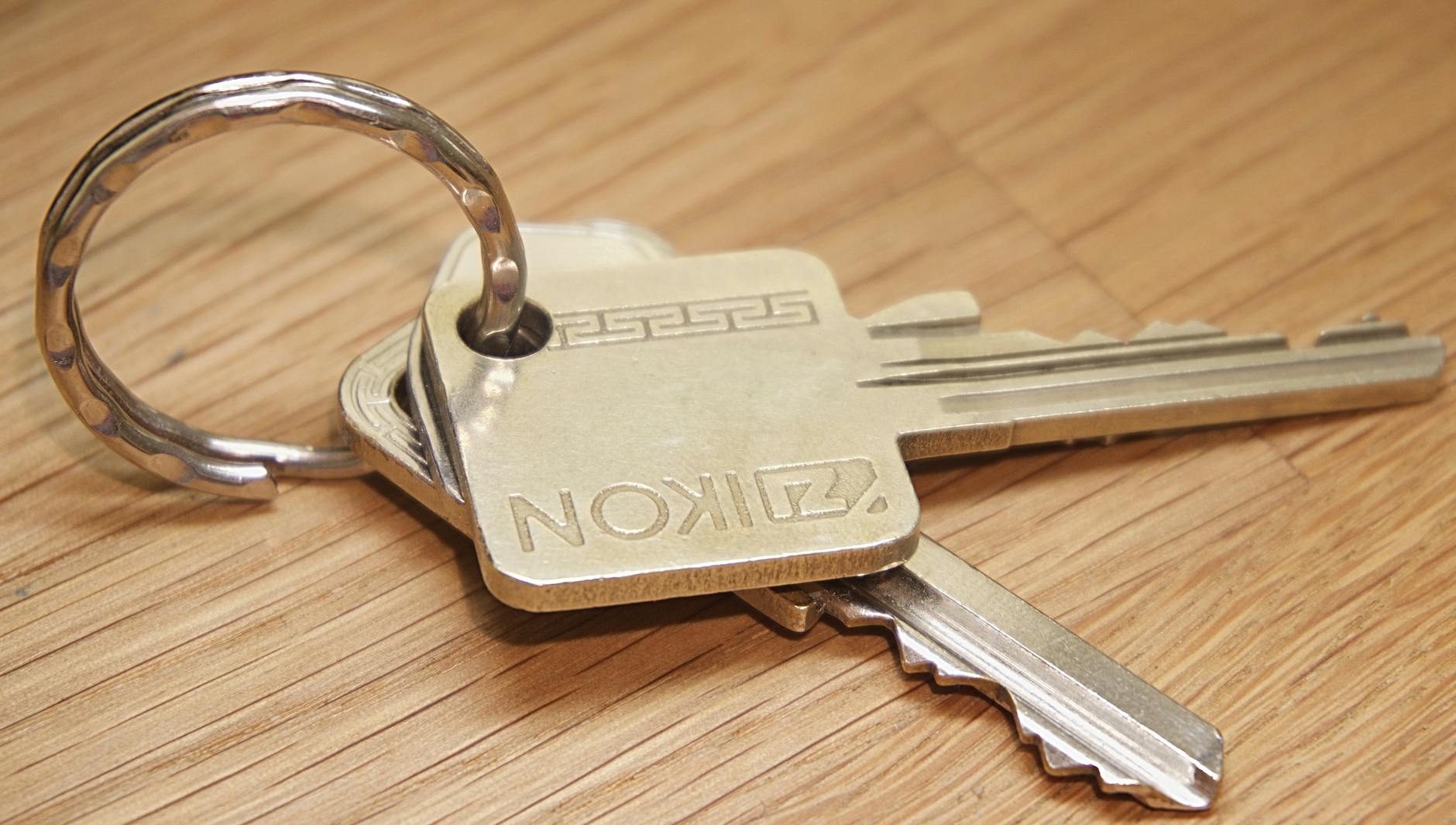
Image courtesy of Ingo Joseph via Pexels
Table of Contents
- Introduction to Property Management
- Understanding Your Responsibilities
- Setting Clear Goals
- Organizing Your Tasks
- Communication is Key
- Maintaining Properties Effectively
- Understanding Financial Management
- Utilizing Technology
- Dealing with Challenges
- Continuing Education for Property Managers
- Conclusion: Effective Property Management
- FAQs About Property Management
Introduction to Property Management
Property management is the process of overseeing and managing rental properties efficiently. It involves various tasks and responsibilities to ensure that properties are well maintained and profitable. In this guide, we will explore property management techniques and offer tips for property managers to excel in their roles.
Why is Property Management Important?
Property management plays a crucial role in the real estate industry by ensuring that rental properties are well-maintained, tenants are satisfied, and investments are profitable. Good property management techniques can make a significant difference in the success of an investment property.
Understanding Your Responsibilities
When it comes to managing a rental property, there are certain responsibilities that come with the job. As a property manager, your main goal is to ensure that the property is well-maintained, tenants are happy, and rental income is being collected. Let’s take a closer look at the basics of property management.
The Basics of Property Management
One of the key responsibilities of a property manager is to handle the day-to-day operations of the rental property. This includes tasks such as finding and screening tenants, collecting rent, responding to maintenance requests, and keeping detailed records of income and expenses.
In addition to these tasks, property managers also need to ensure that the property is in compliance with local laws and regulations. This includes making sure that the property meets health and safety standards, as well as addressing any potential legal issues that may arise.
Effective communication is essential in property management. Property managers must be able to clearly communicate with both tenants and team members to ensure that everyone is on the same page. This includes addressing tenant concerns in a timely manner and keeping the property owner informed of any important updates or issues.
By understanding and fulfilling these basic responsibilities, property managers can work towards efficient and successful management of rental properties.
Setting Clear Goals
When it comes to managing rental properties, having clear goals in mind is essential. Setting specific targets can help property managers stay focused and organized, leading to more efficient management overall. Let’s explore why goals matter for property managers.

Image courtesy of therealestatetrainer.com via Google Images
Why Goals Matter for Property Managers
Goals provide direction and purpose to the work of property managers. By setting clear objectives, managers can prioritize tasks, track progress, and measure success. For example, a goal could be to increase tenant retention rates by a certain percentage within a year. This goal gives managers a specific target to work towards and helps them strategize on how to achieve it.
Organizing Your Tasks
When it comes to managing a rental property efficiently, staying organized is key. One helpful strategy is to create a daily management routine that outlines your priorities and tasks for each day. Here are some tips to help you structure your day effectively:
Start your day by reviewing your task list and identifying the most critical items that need to be addressed. Prioritize tasks based on deadlines and importance.
Allocate specific blocks of time for different tasks to ensure that everything gets done without feeling overwhelmed. For example, designate a time in the morning for responding to emails and inquiries, another for property inspections, and so on.
Utilize tools like digital calendars or planning apps to schedule your tasks and reminders for important deadlines. This can help you stay on track and ensure nothing falls through the cracks.
Consider creating a checklist of daily tasks that need to be completed, such as rent collection, responding to maintenance requests, or communicating with tenants. Checking off items as you complete them can provide a sense of accomplishment and keep you motivated.
Remember to allow yourself some flexibility in your schedule to handle unexpected issues or emergencies that may arise. Being adaptable and able to adjust your daily routine when needed is an essential skill for property managers.
By establishing a structured daily management routine and sticking to it, you can increase your productivity, stay on top of tasks, and ultimately manage your rental property more efficiently.
Communication is Key
Effective communication is crucial in the world of property management. Whether you are dealing with tenants, maintenance staff, or fellow team members, clear and open communication ensures that everyone is on the same page and that issues are addressed promptly.
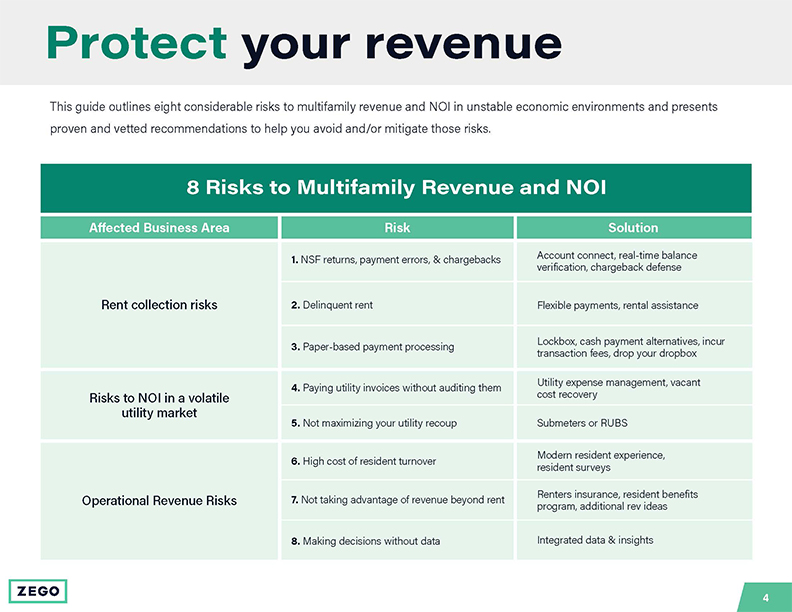
Image courtesy of www.gozego.com via Google Images
Effective Ways to Communicate with Tenants
When it comes to managing rental properties, keeping the lines of communication open with your tenants is essential. Here are some strategies to ensure that information is conveyed properly:
- Be Responsive: Respond to emails, calls, and messages promptly to show tenants that their concerns are being taken seriously.
- Provide Clear Instructions: When giving instructions or guidelines, make sure they are clear and easy to understand to avoid any confusion.
- Use Multiple Channels: Utilize different communication channels such as email, phone calls, and even text messages to reach tenants effectively.
- Listen to Feedback: Encourage tenants to provide feedback and suggestions, showing that their opinions are valued.
By establishing good communication practices with your tenants, you can create a positive and respectful relationship that leads to a smoother management experience for everyone involved.
Maintaining Properties Effectively
As a property manager, one of your crucial responsibilities is to ensure that the properties you oversee are well-maintained. By implementing effective maintenance strategies, you can save time and money while keeping your tenants happy and satisfied.
Routine Inspections and Maintenance
Regular inspections of your rental properties play a vital role in identifying potential issues before they escalate into costly problems. By conducting routine checks, you can stay ahead of maintenance needs and address any issues promptly. This proactive approach not only helps in preserving the value of the property but also enhances the overall living experience for your tenants.
Understanding Financial Management
financial management is an essential part of successfully managing rental properties. It involves keeping track of the money coming in and going out to ensure that the property is profitable and well-maintained.
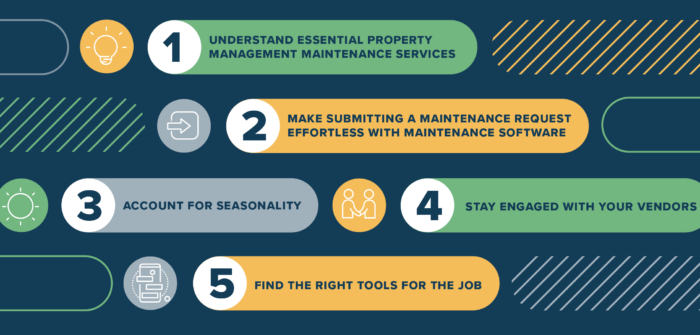
Image courtesy of www.buildium.com via Google Images
Budgeting for Property Management
One of the key aspects of financial management for property managers is creating and sticking to a budget. A budget is like a road map for your finances, helping you plan for expenses like maintenance, repairs, taxes, and more. By setting a budget and monitoring your spending, you can avoid overspending and ensure that you have enough funds to cover all necessary costs.
When creating a budget for property management, it’s important to consider both fixed expenses (like property taxes and insurance) and variable expenses (such as maintenance and repairs). By estimating these costs accurately and planning for unexpected expenses, you can avoid financial surprises down the road.
Sticking to your budget is just as important as creating one. Regularly monitoring your spending and comparing it to your budget can help you identify any areas where you may be overspending and make adjustments as needed. By staying on top of your finances, you can ensure that your rental property remains profitable and well-maintained.
Utilizing Technology
Technology has revolutionized the way we manage daily tasks, and property management is no exception. By leveraging the right tools, property managers can streamline operations, improve efficiency, and enhance the overall tenant experience.
| Tip Number | Tip Description |
|---|---|
| 1 | Regularly communicate with tenants to address any issues promptly. |
| 2 | Keep detailed records of maintenance and repairs to track property expenses. |
| 3 | Screen potential tenants thoroughly to ensure reliable renters. |
| 4 | Stay informed about local rental laws and regulations. |
| 5 | Implement an efficient rent collection system. |
| 6 | Regularly inspect the property to identify maintenance needs early. |
| 7 | Be responsive to tenant inquiries and requests. |
| 8 | Consider hiring a property management company for larger portfolios. |
| 9 | Set aside a budget for unexpected maintenance and repairs. |
| 10 | Stay organized with property management software or tools. |
Tech Tools for Property Managers
Today, there are numerous software programs and apps specifically designed to facilitate property management tasks. These tools can help you stay organized, communicate effectively, track finances, and more. Here are some popular tech tools that property managers can benefit from:
- Property Management Software: Platforms like Buildium, AppFolio, and Rent Manager offer comprehensive solutions for managing rental properties, including rent collection, maintenance requests, and tenant communication.
- Maintenance Management Apps: Tools like Housecall Pro and UpKeep allow property managers to schedule and track maintenance tasks, communicate with vendors, and ensure timely repairs.
- Communication Platforms: Utilizing tools such as Slack or Microsoft Teams can streamline communication among team members, making it easier to coordinate tasks and share important updates.
- Online Listing Platforms: Websites like Zillow, Rent.com, and Apartments.com make it easier to advertise vacancies, attract potential tenants, and streamline the leasing process.
By incorporating these tech tools into your property management practices, you can save time, reduce paperwork, and improve the overall efficiency of your operations.
Dealing with Challenges
Managing a rental property comes with its fair share of challenges. It’s important for property managers to be prepared and equipped to tackle these issues effectively. Let’s delve into some common rental property problems and explore possible solutions.
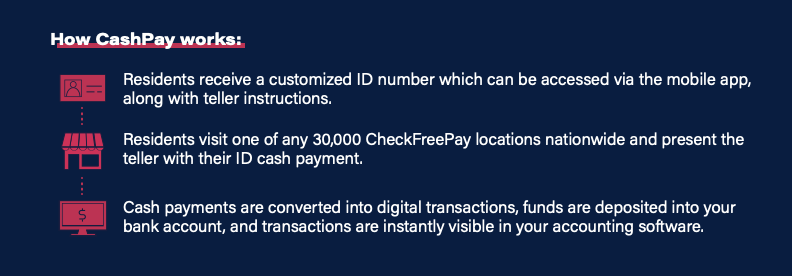
Image courtesy of www.gozego.com via Google Images
Common Rental Property Problems and Solutions
One of the most common challenges property managers face is dealing with difficult tenants. Whether it’s non-payment of rent, excessive noise complaints, or property damage, navigating these situations requires tact and professionalism. In such cases, it’s crucial to have clear lease agreements outlining expectations and consequences for violations. Open and respectful communication is key to addressing issues promptly and finding amicable solutions.
Maintenance issues can also pose a significant challenge for property managers. From plumbing problems to electrical issues, staying on top of repairs and upkeep is essential for tenant satisfaction. Creating a schedule for routine inspections and maintenance can help identify potential issues early on and prevent costly repairs down the line. It’s also wise to have a network of reliable contractors and service providers to address any maintenance needs efficiently.
Another common challenge property managers face is vacancy rates. Empty units can result in lost revenue and put a strain on finances. To minimize vacancies, it’s important to implement effective marketing strategies to attract prospective tenants. This may involve listing the property on relevant platforms, showcasing its features and amenities, and conducting open houses to generate interest. Offering incentives such as rent specials or referral programs can also help attract tenants and reduce vacancy rates.
Legal and regulatory compliance is a crucial aspect of property management that can present challenges if not handled properly. Staying informed about local landlord-tenant laws and regulations is essential to avoid potential legal issues. Property managers should ensure that lease agreements are compliant with state and federal laws, maintain proper documentation of all transactions, and adhere to fair housing practices to protect both tenants and property owners.
By anticipating and proactively addressing these common challenges, property managers can navigate the complexities of rental property management more effectively. It’s essential to stay organized, communicate clearly, and seek out resources and support when needed to overcome obstacles and ensure the smooth operation of rental properties.
Continuing Education for Property Managers
In the fast-paced world of property management, staying up to date with the latest trends and best practices is essential for success. As a property manager, continuing education can provide you with valuable insights and skills to help you excel in your role. Let’s explore the benefits of ongoing learning and growth opportunities in the field of property management.
Learning and Growth Opportunities
One of the key advantages of continuing education for property managers is the opportunity to expand your knowledge and expertise. By attending workshops, conferences, and seminars, you can stay informed about new laws and regulations that may impact your property management duties. Additionally, networking with other industry professionals can help you exchange ideas and learn from their experiences.
Online courses and certifications are also valuable resources for property managers looking to enhance their skills. Platforms like Coursera and Udemy offer a wide range of courses on property management techniques, financial management, and communication strategies. By investing in your education, you can improve your effectiveness as a property manager and set yourself apart in a competitive market.
Furthermore, joining professional associations such as the National Association of Residential Property Managers (NARPM) can provide you with access to valuable resources and tools. These associations often offer training programs, webinars, and industry publications to help property managers stay informed about the latest trends in the field. Engaging with these organizations can help you build a strong professional network and stay connected with industry leaders.
Continuing education is a powerful tool for property managers who are committed to growth and success. By taking advantage of learning opportunities and staying informed about industry developments, you can enhance your skills, improve your performance, and ultimately provide better service to your tenants and property owners.
Conclusion: Effective Property Management
Managing rental properties efficiently is crucial for property managers to be successful in their role. By following the ten tips outlined in this article, property managers can streamline their operations, keep tenants satisfied, and maximize their property’s value.
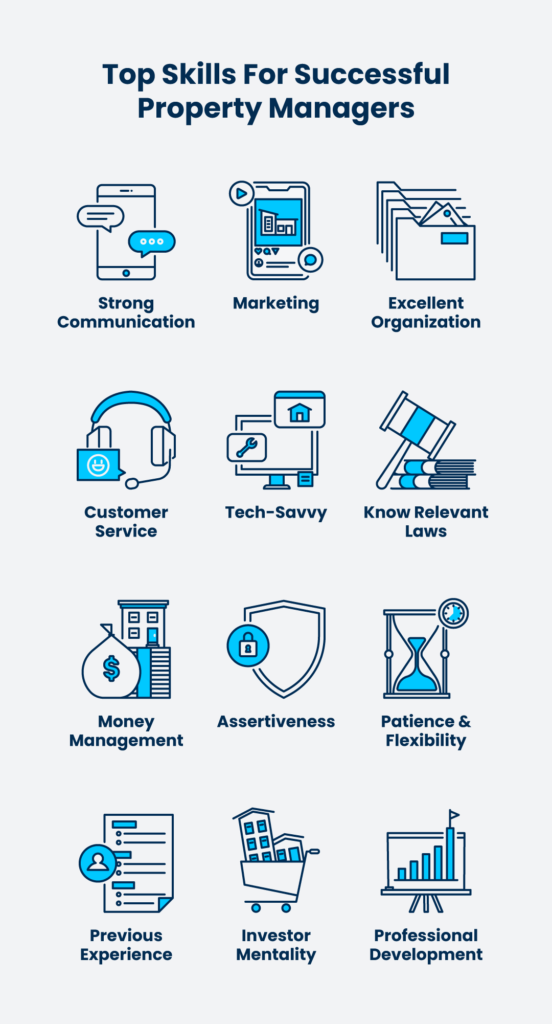
Image courtesy of www.turbotenant.com via Google Images
Summarizing the Top Tips
Throughout this article, we have discussed various strategies and techniques that property managers can implement to enhance their management practices. From setting clear goals and organizing tasks effectively to maintaining properties and utilizing technology, each tip plays a crucial role in ensuring efficient property management.
Effective communication with tenants and team members, understanding financial management, and addressing common challenges are also key aspects that property managers should focus on to achieve success in managing rental properties.
Closing Remarks
By incorporating these tips into their daily routines, property managers can create a more streamlined and effective management process. ongoing education and staying up to date with industry best practices will further enhance their skills and contribute to their success in the field of property management.
Remember, efficient property management not only benefits the property manager but also ensures a positive experience for tenants and ultimately leads to the long-term success of the rental property.
FAQs About Property Management
Addressing common questions readers may have about managing a property effectively.
How often should property inspections be done?
Property inspections should ideally be conducted regularly to ensure that the property is well-maintained and in good condition. As a property manager, it is recommended to schedule inspections at least every six months. This allows you to identify any issues early on and address them promptly before they escalate into major problems.
What should be included in a property maintenance budget?
A property maintenance budget should cover a range of expenses to ensure that the property is well-maintained and functioning smoothly. This may include costs for routine maintenance such as landscaping, HVAC servicing, plumbing repairs, and painting. Additionally, it is important to budget for unexpected repairs and emergencies to avoid financial strain in the event of unforeseen issues.
Idaho Poperty Management
